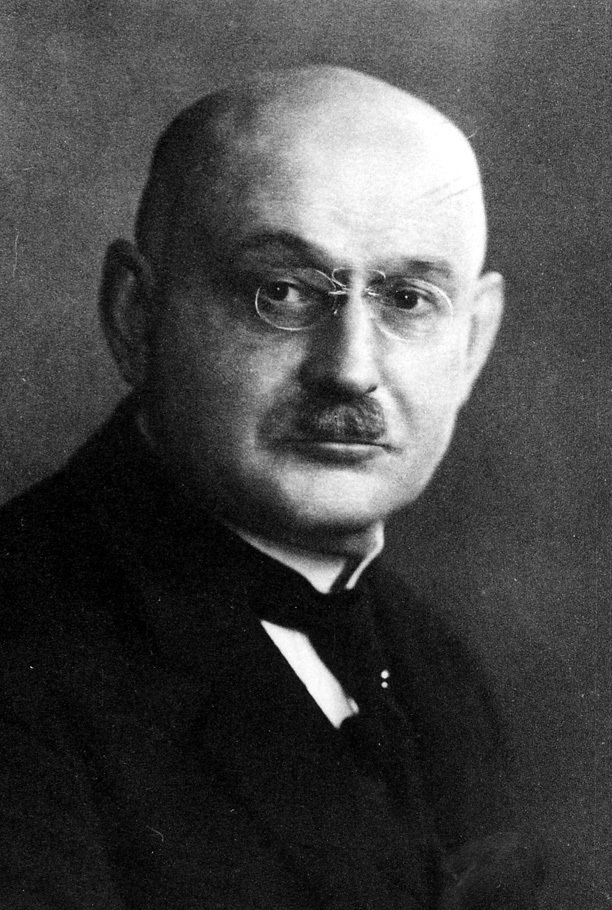|
Akkadisches Handwörterbuch
The ''Akkadisches Handwörterbuch'' (full title ''Akkadisches Handwörterbuch: unter Benutzung des lexikalischen Nachlasses von Bruno Meissner (1868-1947)'') is a German lexicon of Akkadian language by Wolfram von Soden, often abbreviated as "AHw." This book is a standard work for study of the Ancient Near East. It complements the '' Reallexikon der Assyriologie'', or ''RLA'' (which is an encyclopedia rather than a lexicon, with entries on Assyriological topics rather than on Akkadian words), founded by Bruno Meissner and reformed in 1966 by editor Ruth Opificius and publisher Wolfram von Soden. AHw was partially based on the lexicographical work (the lexical "Nachlass") of Bruno Meissner, including a manuscript covering about the first half of the letters, and was published in installments from 1959 to 1981. The lexicon was originally intended to be published in only two volumes, but the amount of material ended up necessitating a third. The final product, published by Harrass ... [...More Info...] [...Related Items...] OR: [Wikipedia] [Google] [Baidu] |
Akkadian Language
Akkadian (, Akkadian: )John Huehnergard & Christopher Woods, "Akkadian and Eblaite", ''The Cambridge Encyclopedia of the World's Ancient Languages''. Ed. Roger D. Woodard (2004, Cambridge) Pages 218-280 is an extinct East Semitic language that was spoken in ancient Mesopotamia ( Akkad, Assyria, Isin, Larsa and Babylonia) from the third millennium BC until its gradual replacement by Akkadian-influenced Old Aramaic among Mesopotamians by the 8th century BC. It is the earliest documented Semitic language. It used the cuneiform script, which was originally used to write the unrelated, and also extinct, Sumerian (which is a language isolate). Akkadian is named after the city of Akkad, a major centre of Mesopotamian civilization during the Akkadian Empire (c. 2334–2154 BC). The mutual influence between Sumerian and Akkadian had led scholars to describe the languages as a '' Sprachbund''. Akkadian proper names were first attested in Sumerian texts from around the mid 3rd-mi ... [...More Info...] [...Related Items...] OR: [Wikipedia] [Google] [Baidu] |
Nachlass
''Nachlass'' (, older spelling ''Nachlaß'') is a German word, used in academia to describe the collection of manuscripts, notes, correspondence, and so on left behind when a scholar dies. The word is a compound in German: ''nach'' means "after", and the verb ''lassen'' means "to leave". The plural can be either ''Nachlasse'' or (with Umlaut) ''Nachlässe''. The word is not commonly used in English; and when it is, it is often italicized or printed in capitalized form to indicate its foreign provenance. Editing and preserving a Nachlass The ''Nachlass'' of an important scholar is often placed in a research library or scholarly archive. Other workers in the scholar's area of specialization may obtain permission to comb through the Nachlass, seeking important unpublished scholarly contributions or biographical material. The content of a Nachlass can be catalogued, edited, and in some cases published in book form. Such publication is more difficult for a ''Nachlass'' that conta ... [...More Info...] [...Related Items...] OR: [Wikipedia] [Google] [Baidu] |
Bruno Meissner
Bruno Meissner also Bruno Meißner (25 April 1868, in Graudenz – 13 March 1947, in Zeuthen) was a German assyriologist.Erika Bleibtreu, Johannes Boese and Barthel Hrouda: ''Orientalistenleben. Kurzbiografien von E. F. Weidner, B. Meissner, E. Unger und F. Hommel'', In: ''Alter Orient aktuell'' 8 (2007), S. 26f. From 1904 to 1921 Meissner was professor at the University of Breslau, then from 1921 professor of assyriology at the University of Berlin. His main work on Babylonian and Assyrian cuneiform Cuneiform is a logo-syllabic script that was used to write several languages of the Ancient Middle East. The script was in active use from the early Bronze Age until the beginning of the Common Era. It is named for the characteristic wedge-sh ... texts appeared in 1920 and 1925 in two volumes. He also authored a major text with Dietrich Opitz on the palace of Nineveh. He originated the '' Reallexikon der Assyriologie'' and papers from his legacy form a large part of Wo ... [...More Info...] [...Related Items...] OR: [Wikipedia] [Google] [Baidu] |
Chicago Assyrian Dictionary
The Chicago Assyrian Dictionary (CAD) or The Assyrian Dictionary of the Oriental Institute of the University of Chicago is a nine-decade project at the University of Chicago's Oriental Institute to compile a dictionary of the Akkadian language and its dialects. Modeled on the ''Oxford English Dictionary'', work on the project was initiated in 1921 by James Henry Breasted, the founder of the Oriental Institute, who had previously worked on the Berlin dictionary of Ancient Egyptian. From 1973 to 1996, Erica Reiner was editor in charge, followed by Martha T. Roth, dean of humanities. Initially expected to take 10 years to complete, the first volume was not published until 1956, and the 26th and final volume was published in 2011. At a conference at the Oriental Institute on June 6, 2011, scholars assessed the significance of the dictionary. Gil Stein, director of the Oriental Institute, said it "is an indispensable research tool for any scholar anywhere who seeks to explore t ... [...More Info...] [...Related Items...] OR: [Wikipedia] [Google] [Baidu] |
Akkadian Dictionaries
Akkadian or Accadian may refer to: * Akkadians, inhabitants of the Akkadian Empire * Akkadian language, an extinct Eastern Semitic language * Akkadian literature, literature in this language * Akkadian cuneiform, early writing system * Akkadian mythology, early Mesopotamian religion See also * Acadian (other) * Akadia (other) * Akkad (other) Akkad may refer to: * Akkad (city), the capital of the Akkadian Empire *Akkadian Empire, the first ancient empire of Mesopotamia * Akkad SC, Iraqi football club People with the name * Abbas el-Akkad, Egyptian writer * Abdulrahman Akkad, Syrian LGBT ... {{disambig Language and nationality disambiguation pages ... [...More Info...] [...Related Items...] OR: [Wikipedia] [Google] [Baidu] |


